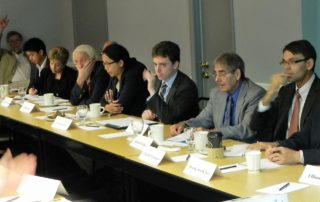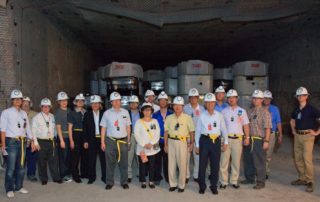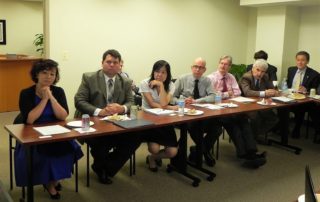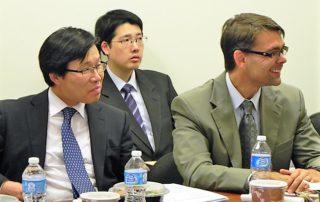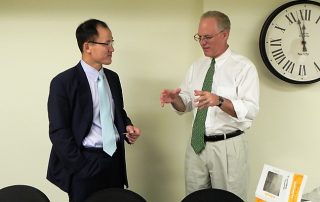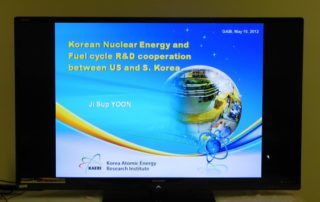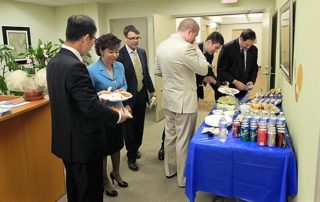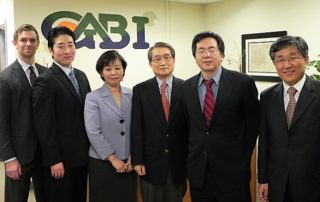At present, dialogue on nuclear technology in Washington, DC has tended to focus on issues related to nuclear materials security, nonproliferation, and arms control issues, rather than nuclear power. As a result, the policy community in Washington tends view nuclear power technologies with some skepticism. Given this environment, it is GABI’s commitment to promote, educate, and enhance the understanding of the vital role of nuclear power from the perspective of ensuring energy security, reliability and sustainability.
Future of Nuclear Power and Renewable Energy in the US
Future of Nuclear Power and Renewable Energy in the US August 29, 2012 There is widespread recognition that the current pace of fossil fuel usage will necessarily lead to climate change and other deleterious global effects. Within the US, market forces have decreased carbon emissions to record levels with the emergence of cheap shale natural

